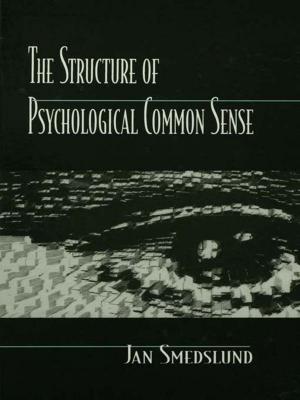| Author: | ISBN: | 9781351902861 | |
| Publisher: | Taylor and Francis | Publication: | March 2, 2017 |
| Imprint: | Routledge | Language: | English |
| Author: | |
| ISBN: | 9781351902861 |
| Publisher: | Taylor and Francis |
| Publication: | March 2, 2017 |
| Imprint: | Routledge |
| Language: | English |
While Robert Greene was the most prolific and perhaps the most notorious professional writer in Elizabethan England, he continues to be best known for his 1592 quip comparing Shakespeare to "an upstart crow." In his short twelve-year career, Greene wrote dozens of popular pamphlets in a variety of genres and numerous professional plays. At his premature death in 1592, he was a bonafide London celebrity, simultaneously maligned as Grub-Street profligate and celebrated as literary prodigy. The present volume constitutes the first collection of Greene's reception both in the early modern period and in our present era, offering in its poems, prose passages, essays, and chapters that which is most singular among what has been written about Greene and his work. It also includes a complete list of Greene's contemporary reception until 1640. Kirk Melnikoff's wide-ranging and revisionist introduction organizes this reception generically while at the same time situating it in the context of recent critical methodologies.
While Robert Greene was the most prolific and perhaps the most notorious professional writer in Elizabethan England, he continues to be best known for his 1592 quip comparing Shakespeare to "an upstart crow." In his short twelve-year career, Greene wrote dozens of popular pamphlets in a variety of genres and numerous professional plays. At his premature death in 1592, he was a bonafide London celebrity, simultaneously maligned as Grub-Street profligate and celebrated as literary prodigy. The present volume constitutes the first collection of Greene's reception both in the early modern period and in our present era, offering in its poems, prose passages, essays, and chapters that which is most singular among what has been written about Greene and his work. It also includes a complete list of Greene's contemporary reception until 1640. Kirk Melnikoff's wide-ranging and revisionist introduction organizes this reception generically while at the same time situating it in the context of recent critical methodologies.















